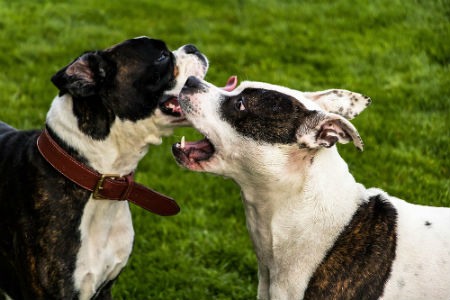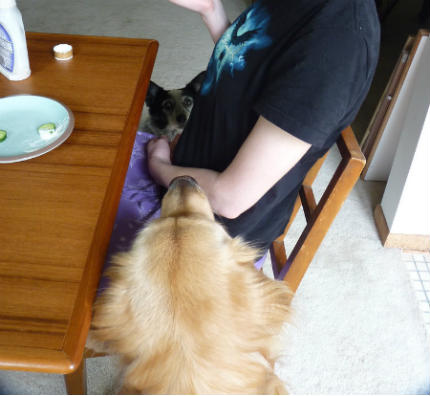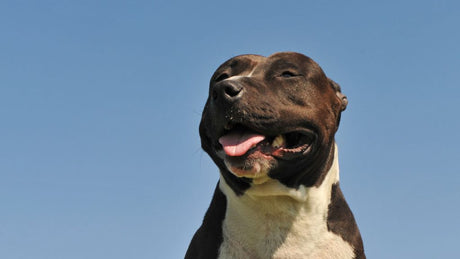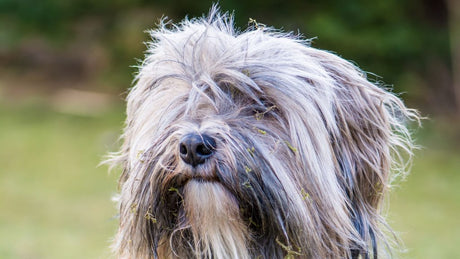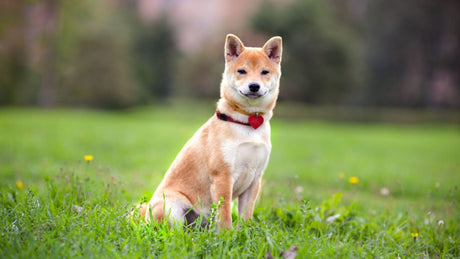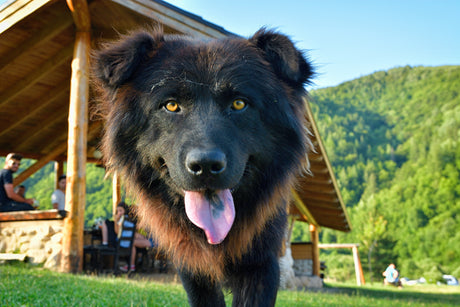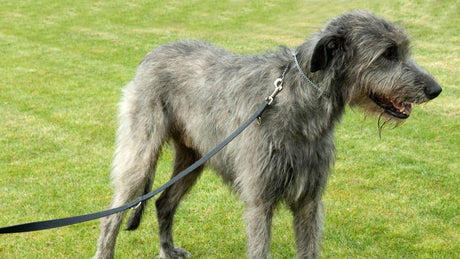Most people love having a dog as a pet. However, it is important to be aware of the responsibility that comes with having a canine at home. You must feed it, care for it, give it love, attention, train it and educate it. It is also relevant to highlight that there are cases in which it is not so easy to train a dog and it may have
strange behaviors or behaviors . But you should not despair if this is your case. The good news is that you don't have to be alone in that process. We tell you that there are
doctors who specialize in dog behavior . This branch of
behavioral biology is called
canine ethology . An ethologist is a veterinary specialist who treats the behavior, communication and needs of dogs.
Origin of ethology
The meaning of this science is literally “
Science of custom ” and, like all sciences, it also has an origin. Ethology is a
branch of experimental psychology that analyzes the
behavior of animals in their natural environment, unlike behavioral psychology, which focuses its studies in laboratories or artificial environments.
At the beginning of the 20th century, comparative psychology originated, which studied the behavior and psychological abilities of animals. But it was in 1973 when ethology began to be considered as a proper science, thanks to the studies on animal behavior carried out by the scientists and brilliant ethologists Karl R. von Frisch, Konrad Lorenz, and Nikolaas Tinbergen. . Research that in turn earned them a
Nobel Prize . From there, comparative psychology became an integral part of this new science. Also in Europe, animal behavior research was developed, highlighting field studies and instinctive behaviors, and in the United States,
research on animal behavior was carried out, this time in controlled environments. This study focused on learned behaviors. From there behaviorism was born. Previously, in 1951,
Niko Tinbergen had published one of his studies known as “
The Study of Instinct ”, in which he raised the four questions on which this science is based:
the causes ,
the development or ontogenetic ,
evolution and
phylogenetic . In that same study he shows the distinction between comparative psychology and ethology.
Bases of ethology
There are questions that ethologists ask themselves to analyze the different behaviors of animals, these are:
-
Causes : a professional ethologist tries to rule out the direct cause that generates the animal's behavior, and they can be internal or external causes.
-
Sustainable development : an attempt is made to analyze the behavior of the animal caused by previous situations.
-
Evolution : This question attempts to answer the benefits that a certain behavior represents for an animal and what evolutionary advantages it implies for it to adopt it.
-
Phylogenetic : in this aspect we seek to discover when certain behaviors appeared, based on the evolutionary history of the animal and its species.
-
Learned and innate behaviors : this science is also concerned with addressing the problem about the basis of behavior, whether it is merely genetic or comes from learned behaviors. Although there are conflicting opinions on the matter on the part of ethologists and scientists, they finally came to the conclusion that regardless of the origin, the behavior can be motivated by both reasons "it requires learning or innate knowledge for its correct development."
-
Consciousness in animals : scientific experts in the field maintain that animals have high levels of consciousness, which is why this science has been concerned with demonstrating its existence.
When to go to an ethologist
Sometimes, human beings tend to make the mistake of believing that those beloved four-legged friends feel, think and reason like a human being and, therefore, we do not pay the necessary attention to understand what they really want. Therefore, when your dog needs it, it is advisable to seek the help of a specialist to guide you to understand what your faithful friend really means.
The reasons why
a dog exhibits problematic behaviors are varied. They usually originate from poor upbringing, lack of socialization, or wrong methods of punishment including aggression. For these reasons, a dog can adopt inappropriate behaviors such as fear, problems with other dogs, phobias, eating disorders, hyperactivity, anxiety, stress and even aggression. However, it is possible that there are cases in which
these behaviors can manifest themselves due to natural mental problems . In any of these situations you should go and request the help of an ethologist. The specialist will diagnose the dog's behavior to rule out possible causes and prescribe the appropriate treatment. An important aspect that you should keep in mind is that the specialist must work personally with the dog and, generally, in its natural environment, which in the case of domestic canines is the home in which they live. This is the only way to correctly diagnose the animal. Therefore, you must be attentive and not be fooled by anyone who offers you their services remotely. On the other hand, it is important to emphasize that certain situations of bad behavior can be avoided if you properly educate your pet and provide it with the necessary attention and care.
How to select a good ethologist
If you want your canine to learn to live in an orderly and balanced manner, both with humans and other animals, then you must know
the importance of clinical ethology and its need in an environment where people and animals coexist. You should always be aware of certain aspects when choosing an
ethology professional to treat your beloved and faithful friend. For example, if you have a valid title in the place where you practice your profession, you should not be charged in advance for the treatment; they normally offer you a quote according to the dog's clinical case; and, very important, you must investigate the
praxis used for diagnosis and cure. In no case should you use any form of aggression, punishment or torture towards the defenseless animal.
Other curiosities that may interest you:
